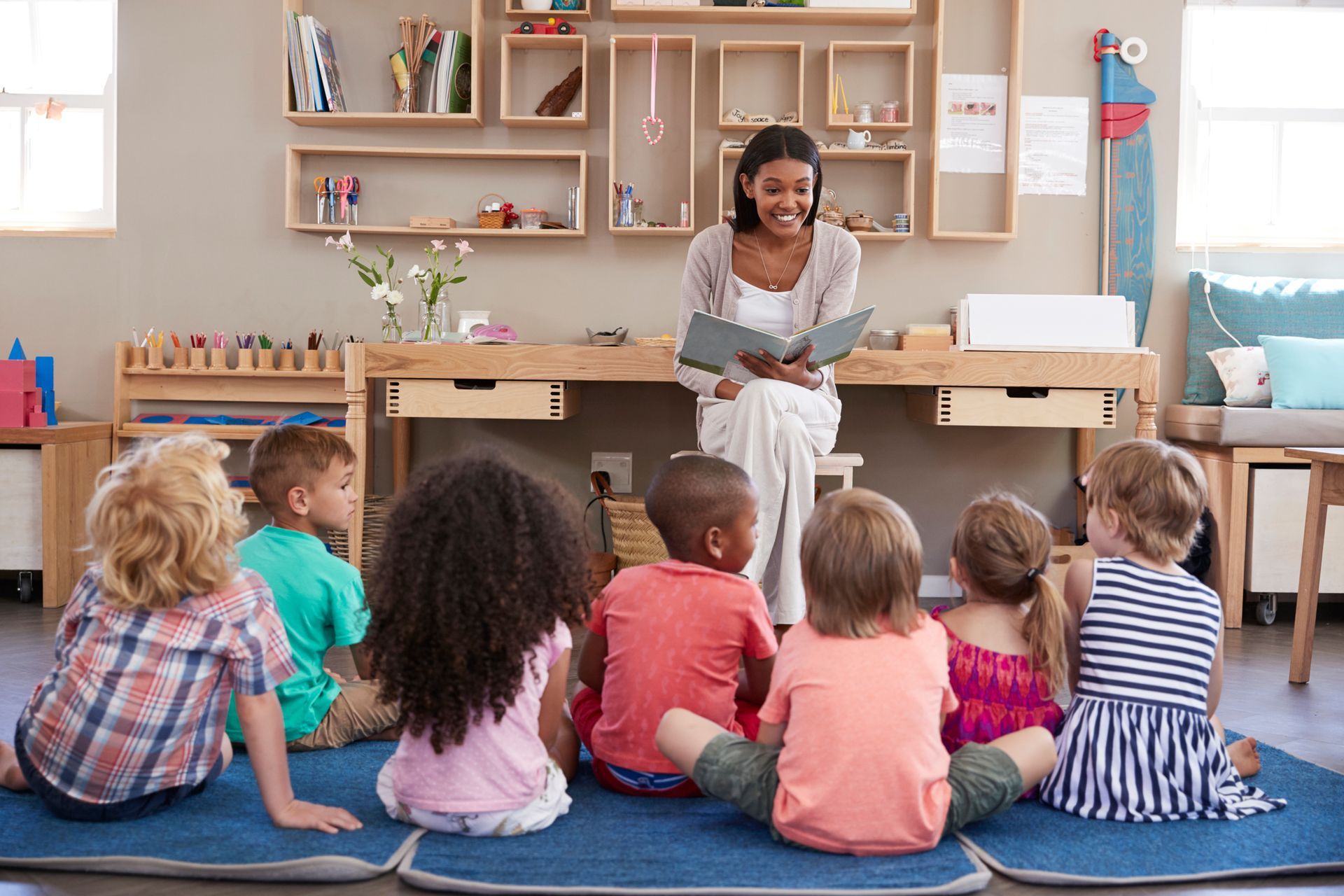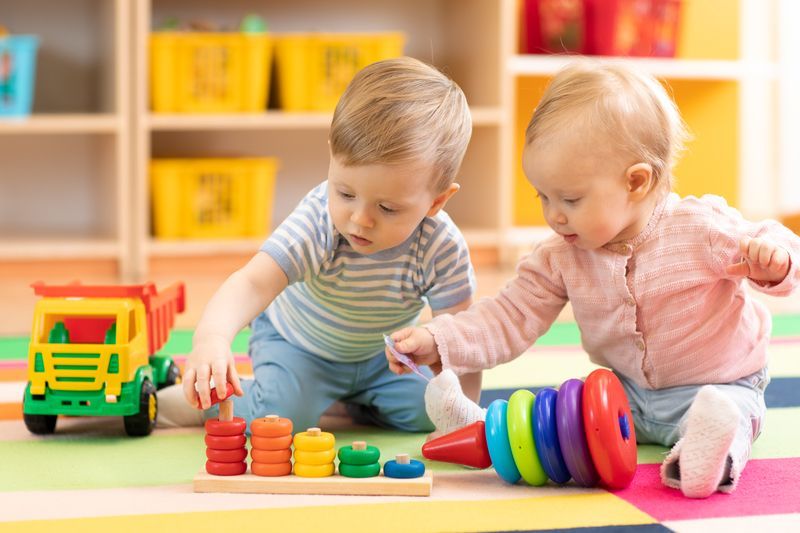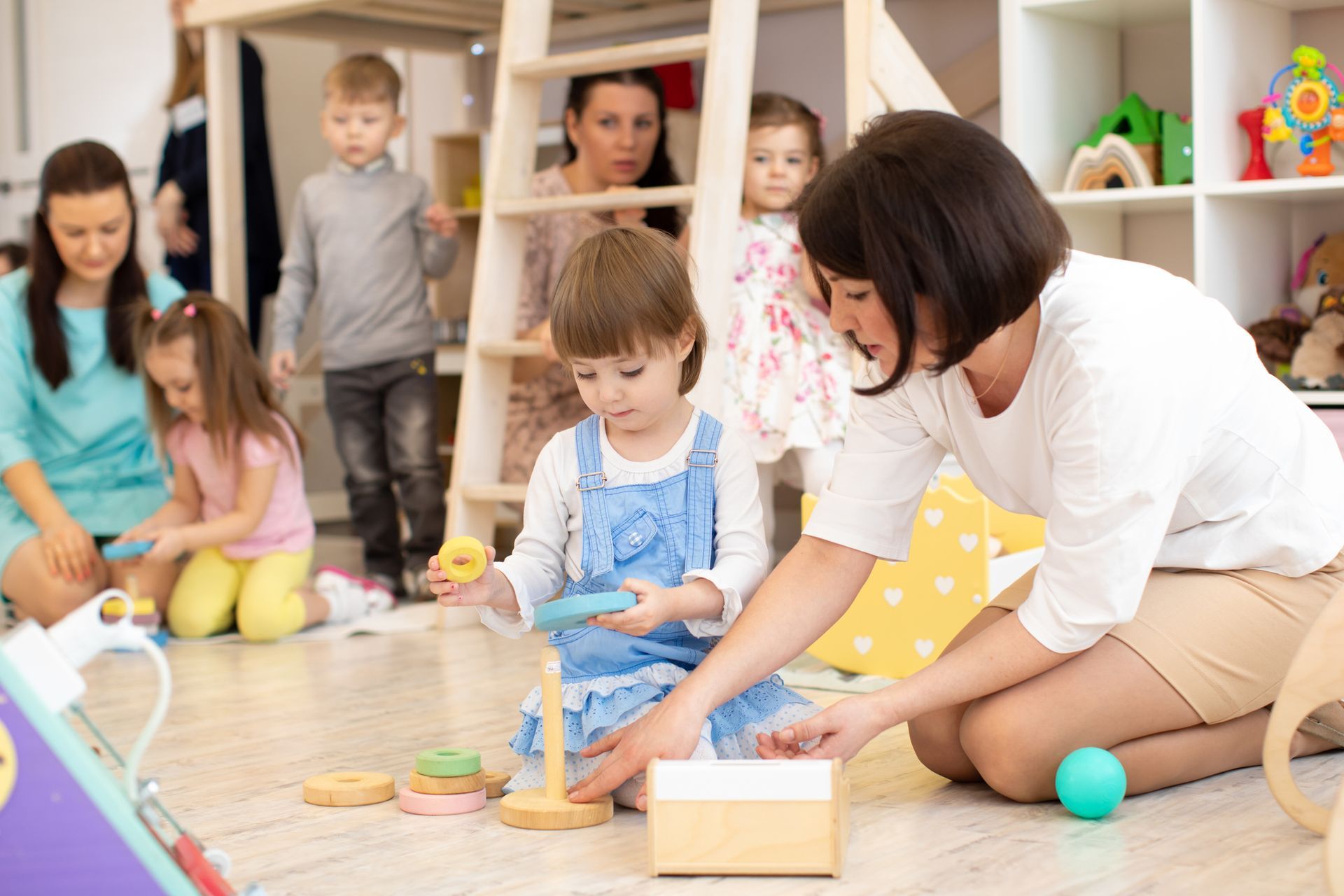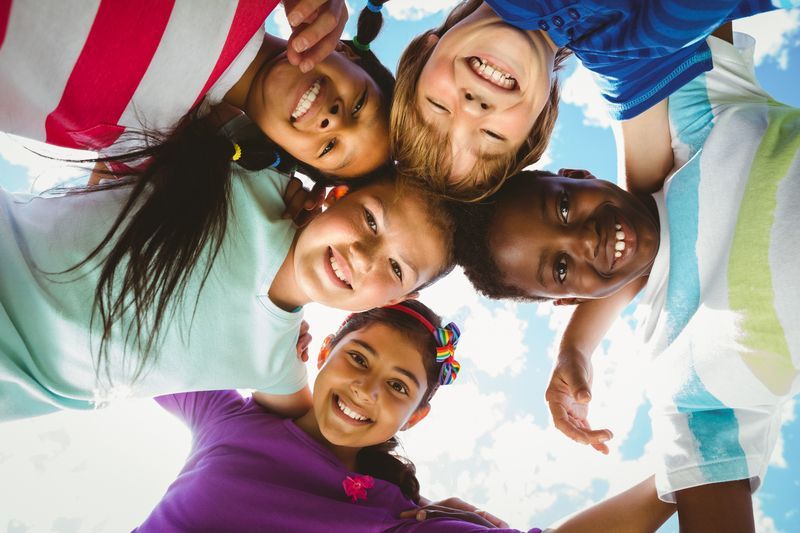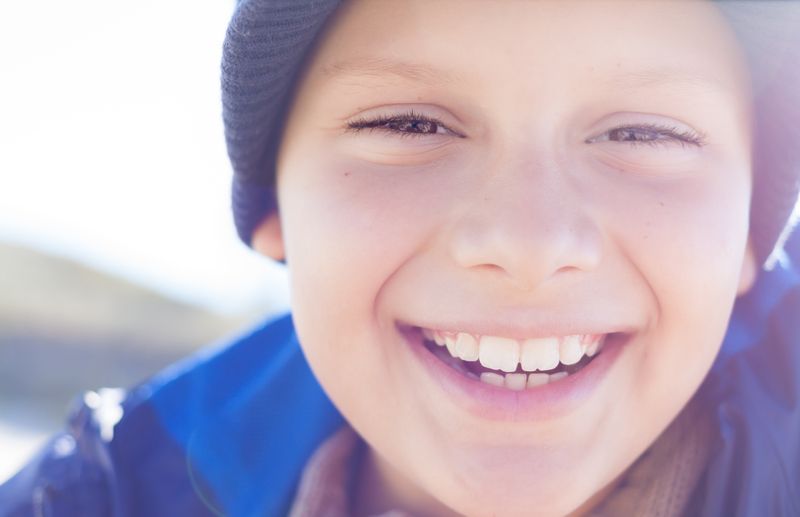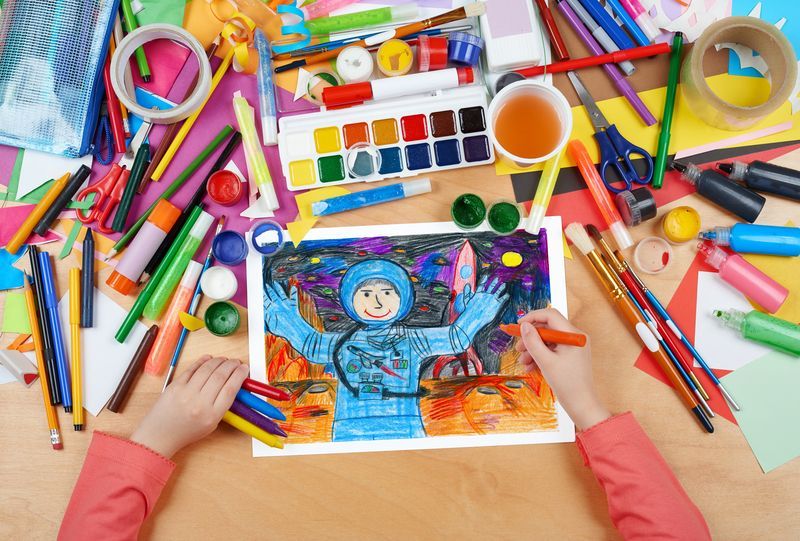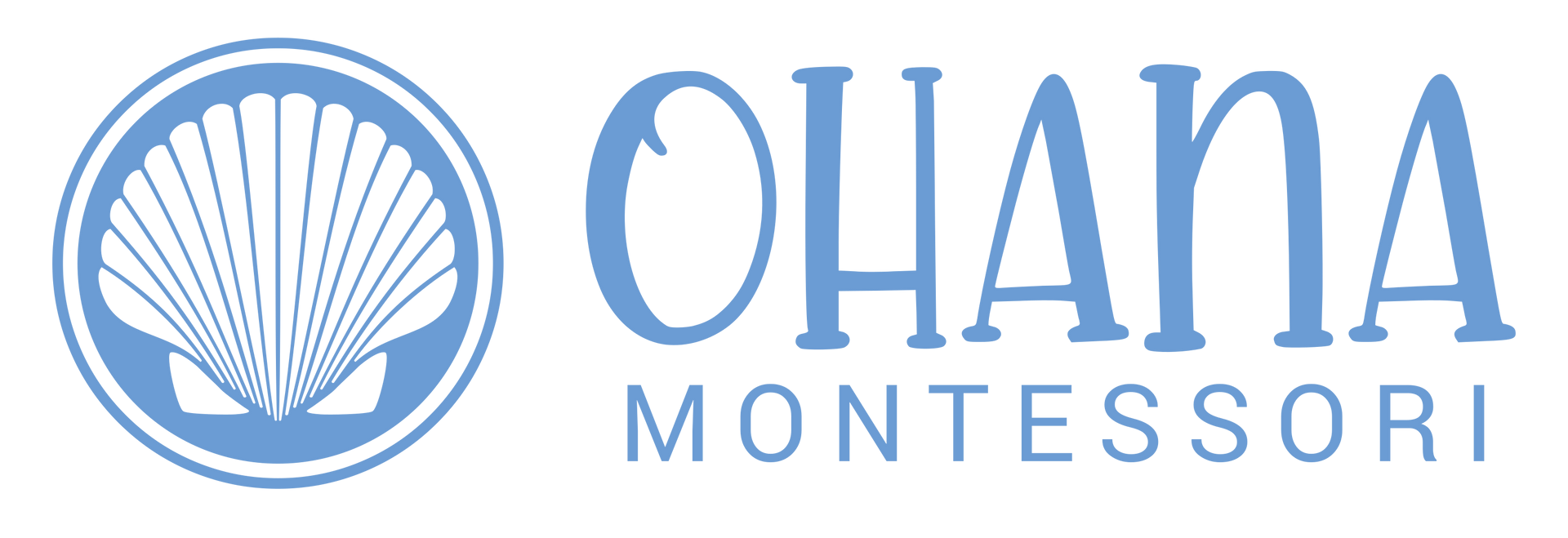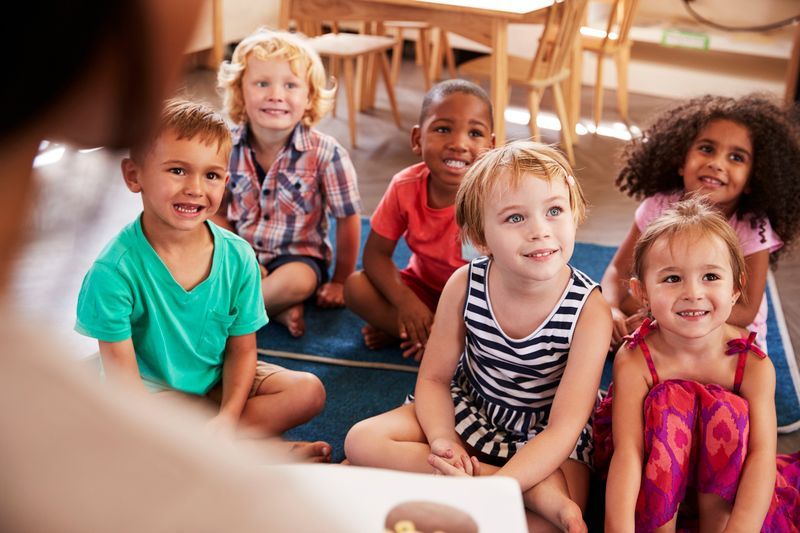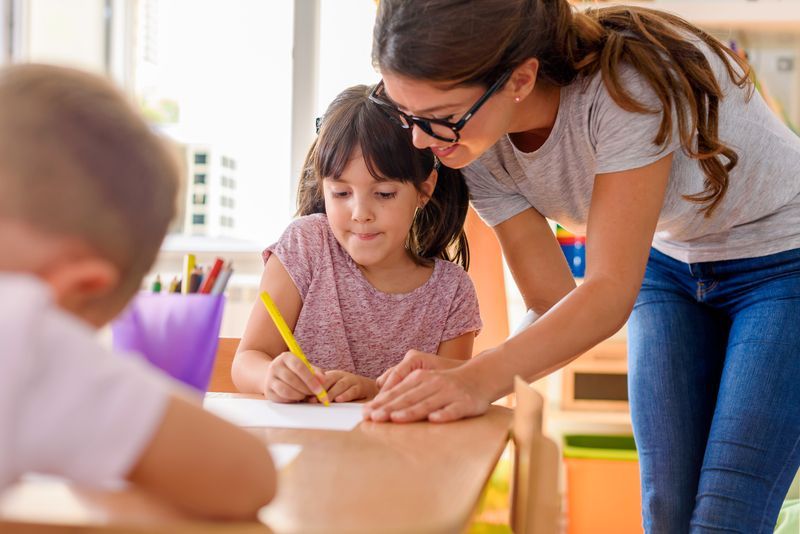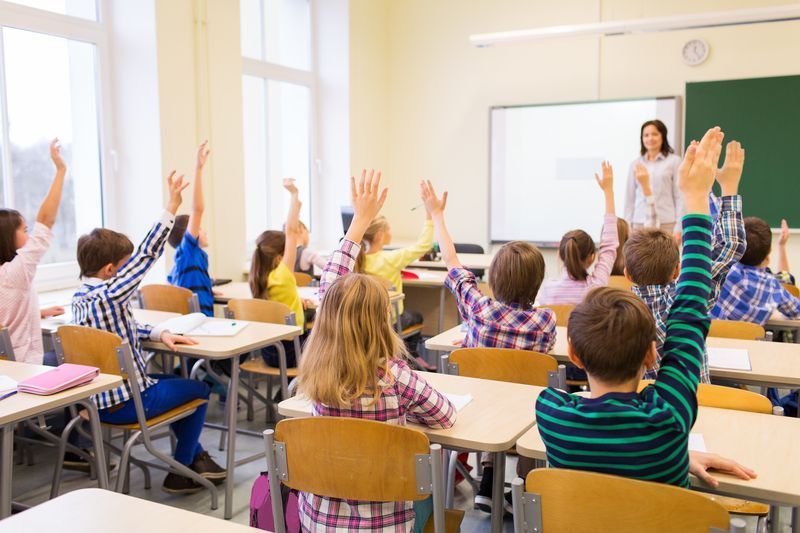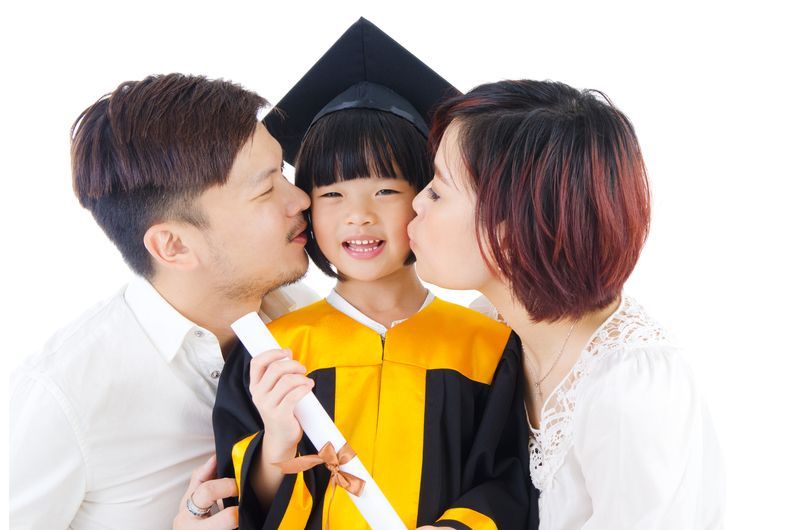Observing to Learn: The Montessori Method in Action
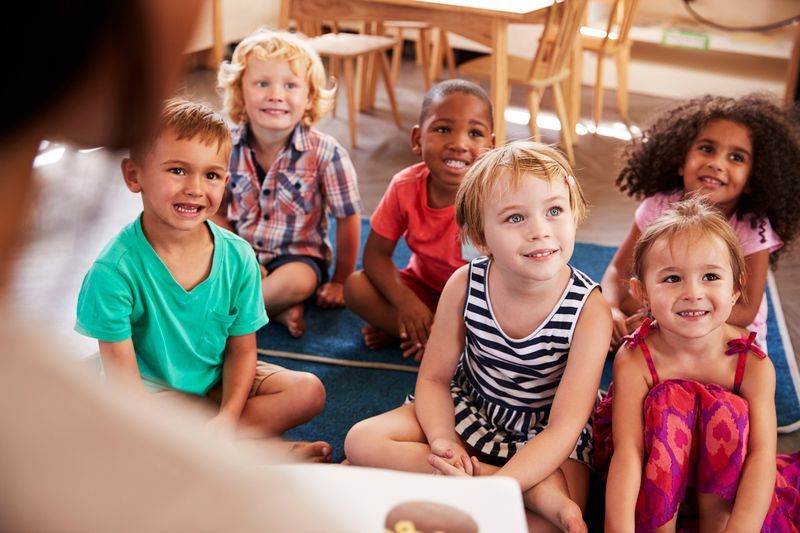
Learning by observing is a powerful way to understand new concepts, especially in education. This method encourages children to explore and discover, building a foundation for lifelong learning. By watching and practicing, kids become active participants in their education, fostering independence and confidence.
Introduction to Observational Learning in Montessori Education
In the realm of Montessori education, observation serves as the cornerstone for fostering a learning experience that is truly tailored to each child. Moving beyond the one-size-fits-all model prevalent in more conventional education systems, Montessori educators engage in meticulous observation to understand each student's unique abilities, interests, and developmental progress. This personalized approach aligns with the teachings of Ohana Montessori, who emphasized the necessity of observing children in their natural environment to support their intrinsic desire for knowledge and growth.
The Daily Practice of Observational Techniques
Within a Montessori classroom, educators employ a variety of observational methods, from maintaining detailed notes to employing tools that track developmental milestones. Rather than directing every action, teachers quietly watch the children's interactions with the materials and each other, garnering insights that will later inform how they prepare and adapt to the learning environment. This practice is rooted in the belief that by watching closely, educators can discern the child's current learning phase and readiness for new challenges.
Understanding the Child's Perspective
Seeing the world through a child's eyes offers invaluable perspective for educators. Through observation, Montessori teachers gain clarity on each child's preferred learning path, enabling them to foster environments where child-led exploration takes precedence over adult-led instruction. This shift is significant; it encourages independence and confidence as children navigate their learning journey, recognizing that the educator's role is not to provide answers, but to provoke thought and curiosity.
Tailoring the Education to the Child
Within Orange County's evolving educational landscape, institutions like Ohana Montessori epitomize the Montessori method's commitment to individualization. By customizing materials and activities to suit each child's stage of development, Montessori educators craft a learning experience that is as unique as the children themselves. From specially prepared environments that encourage natural exploration to the subtle guidance provided by teachers, the education each child receives is uniquely fitted to foster their individual growth and innate love for learning.
Contrasts with Conventional Teaching Methods
The Montessori philosophy holds that the continuous assessment of a child's growth is more beneficial than traditional grading systems. Unlike conventional classrooms, where periodic tests and quizzes chart a student’s progress, Montessori educators observe and document daily interactions and milestones. This flexible framework allows teachers to adapt learning strategies to each child’s evolving needs and pace, contrasted with the structured curriculum of traditional schools.
Collaborative Learning and Peer Observations
In Montessori settings, the sense of community is not only encouraged but intricately woven into the fabric of educational philosophy. Children learn from one another in an organically structured environment. Observing peers tackle a challenge or master a skill, students learn valuable lessons in problem-solving and cooperation, embodying the notion that everyone is both a teacher and a learner at any given moment.
Implementing Observational Techniques at Home
Parents, the first and ongoing educators of their children, can also benefit from applying Montessori observational techniques within the home environment. Simple practices, such as noting a child's changing interests or the skills they are trying to master, can greatly inform how parents support their development. Encouraging self-directed activities fosters independence, preparing children not just for school, but for life.
The Future of Education and Observation
The landscape of education is gradually shifting towards personalized learning models, a change in which the Montessori method plays a pivotal role. The observational approach is integral to Montessori pedagogy and is increasingly recognized for its effect on children’s self-motivation and adaptability. These early lessons in self-discovery and self-regulation can contribute significantly to success in the diverse, ever-changing world that awaits these learners beyond the classroom. The principles of observation-based teaching can inspire mainstream educational practices, potentially leading to broader adoption of child-centric learning strategies.
If you're seeking an educational environment that values and cultivates your child's natural curiosity, consider Ohana Montessori. Our Montessori programs are designed to tailor learning experiences to the unique needs of each child.
